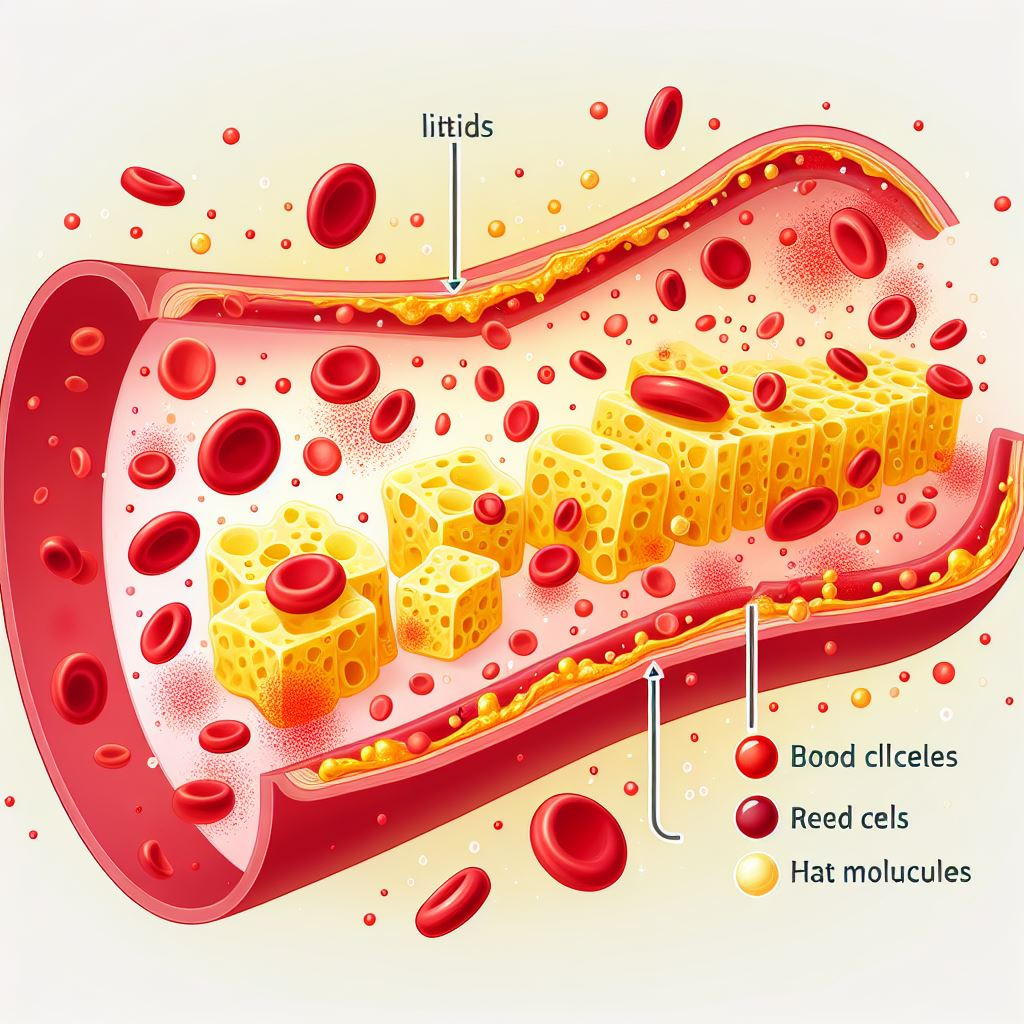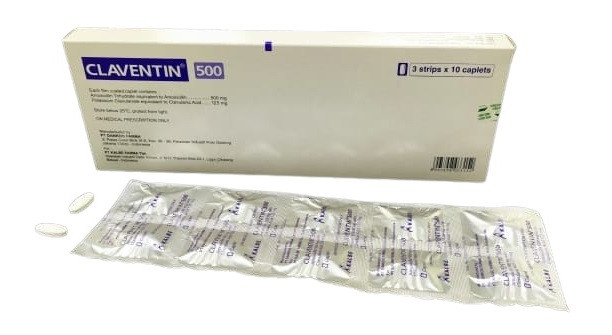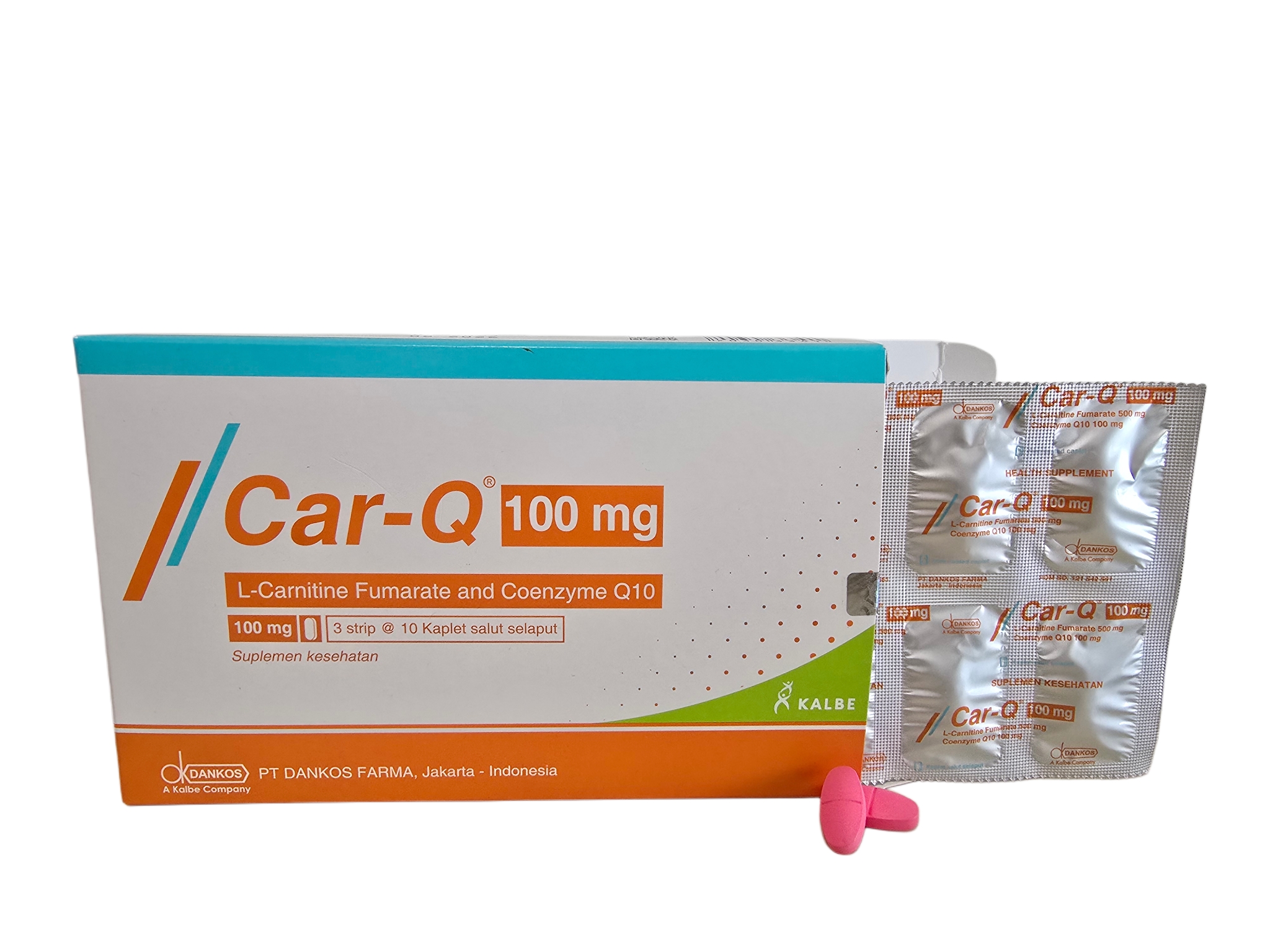
Chocolate, in the form of a much-loved food or drink, comes from the beans of the cacao fruit that grows on the cacao tree. Theobroma cacao is native to the tropical rainforests of Central America, where it has grown for thousands of years. Most chocolate falls into one of three categories: dark chocolate, milk chocolate, or white chocolate. The darkness of chocolate is determined by the proportion of cacao solids made from cacao beans, mixed with cocoa butter and sugar.
One fact about chocolate is that the purer and darker the chocolate, the greater the health benefits. Raw or minimally processed dark chocolate with a high cocoa solids content is healthier than milk and white chocolate. Dark chocolate has up to 80% cocoa content with a more bitter flavor. Milk chocolate contains 20%-25% cocoa, cocoa butter, sugar, and milk powder, with a sweet and slightly bitter flavor. White chocolate contains cocoa butter, milk, and sugar, with no cocoa solids, and has a sweeter flavor.
Chocolate is generally processed. Raw cacao nibs are crushed pieces of dried cacao beans, and when grinding the cacao, it produces cacao paste, also called cacao liquor. Cocoa solids are what you get after removing the cocoa butter, or cocoa butter, from the cocoa paste. When cocoa solids are dried, we get cocoa powder.
To reap the health benefits of chocolate, we need to consume more of the cocoa solids found in dark chocolate. Cocoa solids contain minerals and antioxidants. The cocoa in chocolate contains a variety of minerals including potassium, magnesium, zinc, iron, phosphorus, and copper. Cocoa beans are one of the best-known sources of dietary polyphenols, containing more phenolic antioxidants. Three groups of polyphenols in cocoa beans: catechins (37%), anthocyanidins (4%), and proanthocyanidins (58%); these flavonoids are the most abundant phytonutrients in cocoa beans. These nutrients are what make chocolate beneficial in helping heart health, protecting cells from inflammation, improving brain function, boosting immunity, and energizing the body.
The amount of cocoa solids in dark chocolate is important because it can be an indicator of the number of dietary flavonoids, which are antioxidants found in certain fruits, vegetables, and beverages. Research shows that consuming more dietary flavonoids is linked to a lower risk of coronary heart disease.
Cardiovascular and Brain Health
Eating dark chocolate in moderation can lower your risk of developing heart disease. In addition, dark chocolate can also relieve inflammation in the body. A study reported that chocolate and cocoa consumption effectively increased blood flow-mediated vasodilation, reduced blood pressure, and reduced serum insulin levels. In young, healthy adults, consumption of 20 g of higher cocoa chocolate (90%) daily for 30 days improved vascular function by reducing central brachial artery pressure and promoting vascular relaxation. A prospective study in Sweden linked chocolate consumption (≥3-4 servings/week) with a reduced risk of myocardial infarction and ischaemic heart disease. A systematic review also showed that regular chocolate use (<100 g/week) may be associated with reduced cardiovascular risk and that the most appropriate dose of chocolate consumption is 45 g/week, as higher levels may induce effects associated with increased sugar consumption.
Cocoa also plays a role in treating brain conditions, such as stroke. In fact, cocoa intake is associated with improved cerebral blood flow. It is also said that daily chocolate consumption can reduce the chances of stroke.
Immunity
Research shows that cocoa has regulatory properties on immune cells involved in innate and acquired immunity. Data suggests that theobromine is the agent that mediates the main immunoregulatory effects of cocoa. Dark chocolate consumption was found to have anti-inflammatory effects in a 4-week randomized clinical trial, which was mainly seen in reduced cytokine responses, vascular markers, white blood cells, and leukocyte activation markers after the challenge.
Regular consumption of cocoa may be associated with preventing or improving health imbalances caused by allergic processes. Positive effects of cocoa flavonoids on the immune system (related to several allergic mechanisms) have been recognized, such as reducing mediator release, restoring the balance of T-helper 1 and T-helper 2 cells, and downregulating IgE production. On the other hand, it is also worth noting that chocolate is one of the main potentially allergenic foods that can also cause hypersensitivity reactions.
Energy for the Body
Theobromine, a compound in dark chocolate, has a similar effect to caffeine to boost energy. It helps improve mood and makes us more alert. Its main mechanism of action is phosphodiesterase inhibition and adenosine receptor blockade. It is stated that theobromine is safe for humans and has fewer unwanted effects than caffeine.
Potential Risks of Chocolate
Chocolate is high in calories, so we need to consume it in moderation. Also, be mindful of additives in chocolate that may reduce its health benefits, such as sugar, caramel, milk, marshmallows, and more. In addition, the bitter taste caused by polyphenols makes unprocessed cocoa beans unpalatable. Therefore, the processing is usually done to remove the bitterness, which can reduce the polyphenol content.
Conclusion:
Chocolate is a good source of nutrients when eaten in its pure form and in moderation. Dark chocolate, with its high percentage of cocoa, flavonoids, and theobromine and low sugar content, in contrast to milk chocolate or other types of chocolate, has better effects on the body's health, such as heart health, brain health, immunity, and as a source of energy.
Image: Illustration (Source: Freepik)
Reference:
1.Montagna MT, Diella G, Triggiano F, Caponio GR, De Giglio O, Caggiano G, et al. Chocolate, "food of the Gods": History, science, and human health. Int J Environ Res Public Health. 2019; 16(24):4960. https://www.ncbi.nlm.nih.gov/pmc/articles/PMC6950163/
2.Martínez-Pinilla1 E, Oñatibia-Astibia A, Franco R. The relevance of theobromine for the beneficial effects of cocoa consumption [Internet]. 2015 Feb 20 [cited 2023 Feb 09]. Available from: https://www.frontiersin.org/articles/10.3389/fphar.2015.00030/full
3.American Heart Association. Are there health benefits from chocolate? [Internet]. 2019 Feb 12 [cited 2023 Feb 09]. Available from: https://www.heart.org/en/news/2019/02/12/are-there-health-benefits-from-chocolate













